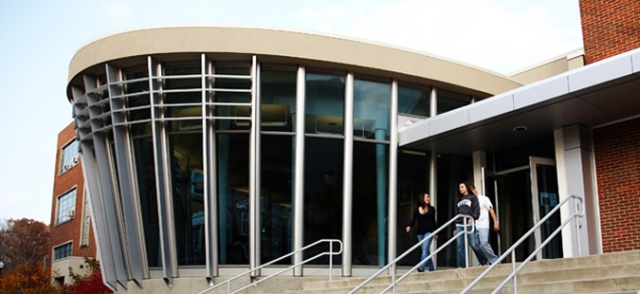Document Type
Editorial
Publication Date
4-2012
Publication Source
Journal of Cell Science and Therapy
Abstract
Cell death, a global phenomenon found throughout the animal kingdom, is a mechanism to maintain tissue homeostasis and for adaptation to changes in the environment [1,2]. Millions of cells die in our body daily- they succumb to stress and commit suicide by a mechanism referred to as cell death or apoptosis [2-4]. Under normal conditions cells are continuously replaced by new cells from the stemor progenitor- cells. For example, an optimum balance in shedding of dead cells from the skin and their replenishment by new ones maintain our health and hygiene. In this context, apoptosis is a mechanism to eliminate cells that are no longer useful. Apoptosis has also emerged as an important player during development when programmed cell death (PCD) is triggered to eliminate extra cells and to sculpt the final form of an organ. PCD is a crucial developmental process for the removal of problematic or unnecessary cells in multi cellular organisms [5,6].
Inclusive pages
1-2
ISBN/ISSN
2157-7013
Document Version
Published Version
Copyright
Copyright © 2012, Singh A.
Publisher
OMICS Publishing Group
Volume
3
Peer Reviewed
yes
Issue
3
eCommons Citation
Singh, Amit, "Neurodegeneration - A Means to an End" (2012). Biology Faculty Publications. 184.
https://ecommons.udayton.edu/bio_fac_pub/184
Included in
Biology Commons, Biotechnology Commons, Cell Biology Commons, Genetics Commons, Microbiology Commons, Molecular Genetics Commons




Comments
This document is provided for download in compliance with the publisher's policy on self-archiving. Permission documentation is on file.